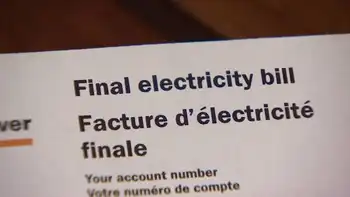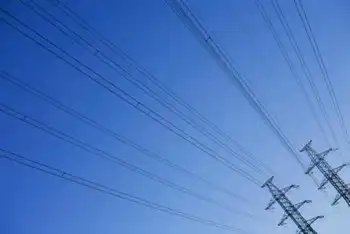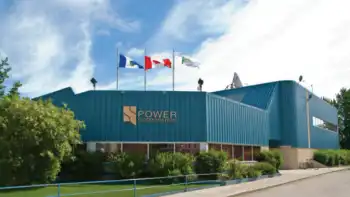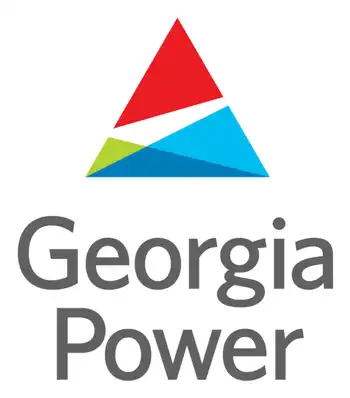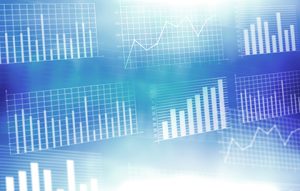$550 Million in Clean Energy Funding to Benefit More than 250 Million Americans
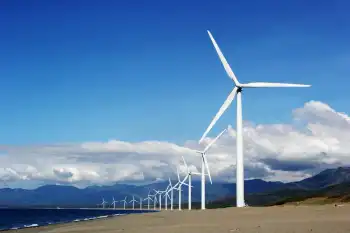
NFPA 70b Training - Electrical Maintenance
Our customized live online or in‑person group training can be delivered to your staff at your location.

- Live Online
- 12 hours Instructor-led
- Group Training Available
EECBG Program Funding empowers states, Tribes, and local governments with DOE grants to deploy clean energy, energy efficiency, EV infrastructure, and community solar, cutting emissions, lowering utility bills, and advancing net-zero decarbonization.
Key Points
EECBG Program Funding is a $550M DOE grant for states, Tribes, and governments to deploy clean energy and efficiency.
✅ Supports EV infrastructure and community solar deployment
✅ Cuts emissions and lowers utility costs via efficiency
✅ Prioritizes Justice40 benefits for underserved communities
The Biden-Harris Administration, through the U.S. Department of Energy (DOE), today released a Notice of Intent announcing $550 million to support community-based clean energy in state, Tribal, and local governments — serving more than 250 million Americans. This investment in American communities, through the Energy Efficiency and Conservation Block Grant (EECBG) Program, will support communities across the country to develop local programming and deploy clean energy technologies to cut emissions, advance a 90% carbon-free electricity goal nationwide, and reduce consumers’ energy costs, and help meet President Biden’s goal of a net-zero economy by 2050.
“This funding is a streamlined and flexible tool for local governments to build their electricity future with clean energy,” said U.S. Secretary of Energy Jennifer M. Granholm. “State, local, and Tribal communities nationwide will be able to leverage this funding to drive greater energy efficiency and conservation practices to lower utility bills and create healthier environments for American families.”
The EECBG Program will fund 50 states, five U.S. territories, the District of Columbia, 774 Tribes, and 1,878 local governments in a variety of capacity-building, planning, and infrastructure efforts to reduce carbon emissions and energy use and improve energy efficiency in the transportation, building, and other related sectors. For example, communities with this funding can build out electric vehicle infrastructure and deploy community solar to serve areas that otherwise do not have access to electric vehicles or clean energy, particularly through a rural energy security program where appropriate.
The $550 million made available through the Bipartisan Infrastructure Law (BIL) represents the second time that the EECBG Program has been funded, the first of which was through the American Recovery and Reinvestment Act of 2009. With this most recent funding, communities can build on prior investments and leverage additional clean energy funding from DOE, other federal agencies, and the private sector to achieve sustained impacts, supported by a Clean Electricity Standard where applicable, that can put their communities on a pathway to decarbonization.
Through the EECBG Program and the Office of State and Community Energy Programs (SCEP), DOE will support the many diverse state, local, and tribal communities across the U.S., including efforts to revitalize coal communities through clean energy, as they implement this funding and other clean energy projects. To ensure no communities are left behind, the program aligns with President’s Justice40 initiative and efforts toward equity in electricity regulation to help ensure that 40% of the overall benefits of clean energy investments go to underserved and overburdened communities.





